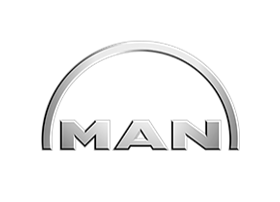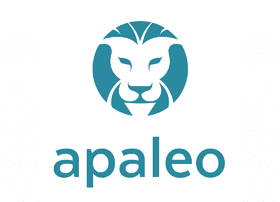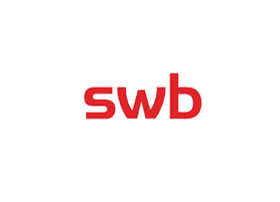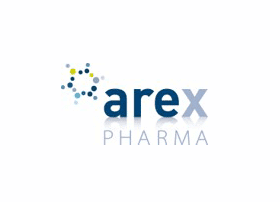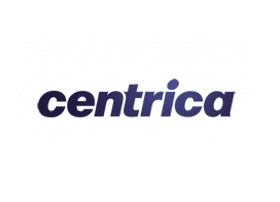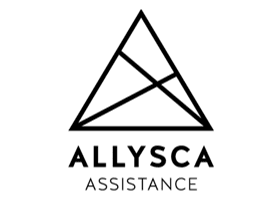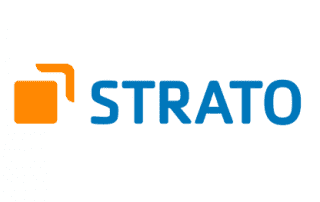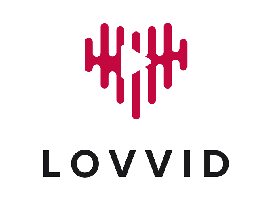Angular, Vue or React?
What are the differences, advantages and disadvantages of the web frameworks?
– A guide. –

Choosing the right web framework is a decision for developers and businesses looking to build modern, powerful web applications.
In this guide, we take a detailed look at the differences between Angular, Vue and React and highlight their pros and cons to help you choose the right framework.
1. overview of Angular, Vue and React
- Angular: A comprehensive framework developed by Google that has been around since 2010 and was originally known as AngularJS.
Angular is a complete framework that supports the development, testing and maintenance of web applications. - Vue.js: A relatively young, lightweight framework developed by Evan You in 2014.
Vue is known for its easy learning curve and flexibility and has quickly gained popularity in recent years. - React: A JavaScript library developed by Facebook that has been on the market since 2013.
React focuses on the development of user interfaces and is particularly strong in dynamic and component-based architecture.
2. architecture and structure
Angular
Angular is a fully structured framework based on an MVVM (Model-View-ViewModel) architectural model. It provides a rigorous and complete solution for web application development, including a variety of tools and libraries built in. This structure makes Angular ideal for larger applications as it provides developers with a clear direction and best practices.
Vue.js
Vue follows a flexible approach that allows developers to implement the desired architectures such as MVVM or MVC (Model-View-Controller). The simplicity of Vue lies in its progressive nature – it can be gradually integrated into existing projects, which makes it particularly attractive for small to medium-sized projects.
React
React differs from Angular and Vue in its approach to component-based architecture. Instead of being a complete framework, React is a UI library that focuses on the view part in MVC. The logic and rendering are organized by so-called “components”, which facilitates the development of reusable UI elements.
3. learning curve and user-friendliness
Angular
Angular has a steeper learning curve, especially for developers who are new to the framework world. The multitude of built-in features, such as dependency injection, RxJS for reactive programming and TypeScript as the primary language, requires thorough familiarization. However, once these hurdles have been overcome, Angular offers a robust environment for development.
Vue.js
Vue is known for its simple and flat learning curve. Thanks to its clear and understandable documentation and the ability to gradually integrate it into existing projects, Vue is ideal for beginners and developers who want a quick onboarding.
React
React is somewhere between Angular and Vue in terms of the learning curve. The concepts of components and state management require a certain amount of rethinking, but are comparatively quick to learn. An additional advantage of React is the widespread support and extensive ecosystem of libraries and tools that make it easier for developers to find solutions to specific problems.
4. performance
Angular
Angular uses an “Ahead-of-Time” (AOT) compiler, which compiles and optimizes the code during the build. This leads to improved runtime performance, especially for complex applications. The disadvantage, however, is the slightly larger bundle size, which can increase loading times.
Vue.js
Vue offers excellent performance for small to medium-sized applications. It uses a virtual DOM technology similar to React to handle changes efficiently. For very large applications, however, it might be a little more challenging to keep performance at a high level.
React
React is known for its high performance, thanks to the Virtual DOM, which efficiently updates only the changed parts of the user interface. React also offers various techniques for further optimization, such as the “memoization” of components.
5. community and ecosystem
Angular
As a framework supported by Google, Angular has a large and active community. There is a wealth of resources, including tutorials, libraries and tools, available to developers. The Angular ecosystem is extensive, but also heavily influenced by the framework’s guidelines, which offers less flexibility.
Vue.js
Vue has a very dedicated community that is constantly growing. Although the ecosystem is not as extensive as that of Angular or React, it still offers a solid selection of libraries and tools. The community is particularly known for its openness and support, which makes Vue attractive to many developers.
React
React probably has the largest ecosystem of all three frameworks. With Facebook support and widespread use, React offers a wealth of tools, libraries and extensions. The flexibility of React allows developers to tackle almost any problem with an existing solution.
6. advantages and disadvantages at a glance
Angular
Advantages:
- Complete framework with many built-in features
- Strong support from Google and a large community
- High performance thanks to AOT compilation
Disadvantages:
- Steep learning curve
- Larger bundle size
- Less flexibility due to strict structure
Vue.js
Advantages:
- Simple learning curve and good documentation
- Flexible and progressive, ideal for small to medium-sized projects
- Lightweight with good performance
Disadvantages:
- Less suitable for very large and complex applications
- Smaller ecosystem compared to Angular and React
React
Advantages:
- Flexible and component-based
- High performance thanks to Virtual DOM
- Large ecosystem and strong community
Disadvantages:
- Focus on UI requires additional libraries for complete applications
- Learning curve for new concepts such as JSX and state management
Conclusion: Which framework is right for you?
The choice between Angular, Vue and React depends heavily on the specific requirements of your project. Angular is ideal for large, complex applications where a clear structure and extensive tools are required. Vue offers a simple, flexible solution for small to medium-sized projects, while React is the best choice for projects where high performance and a modular architecture are paramount. The experts at BITS GmbH are on hand with their extensive knowledge to help you choose the right framework for your project. Contact us for individual advice and support for your next web development project.
CONTACT
Möchten Sie mehr erfahren?
Sind Sie interessiert daran, mehr über die Möglichkeiten der Digitalisierung in Ihrem Unternehmen zu erfahren? Stehen Sie vor ähnlichen Herausforderungen oder haben konkrete Projekte in ihrem Unternehmen geplant? Kontaktieren Sie uns gerne für eine ausführliche Beratung.
Senden Sie uns gerne direkt eine E-Mail an [email protected] – wir freuen uns darauf, mit Ihnen zusammen die Zukunft Ihrer IT-Landschaft zu gestalten!
Sie können auch ein Termin direkt in unserem Kalender vereinbaren.
OUR CUSTOMERS AND PARTNERS
OUR CUSTOMERS AND PARTNERS
Together, reliably and in the long term, we as an IT service provider want to support you in your IT projects. A selection of our customers, partners as well as industries can be found in this section.














